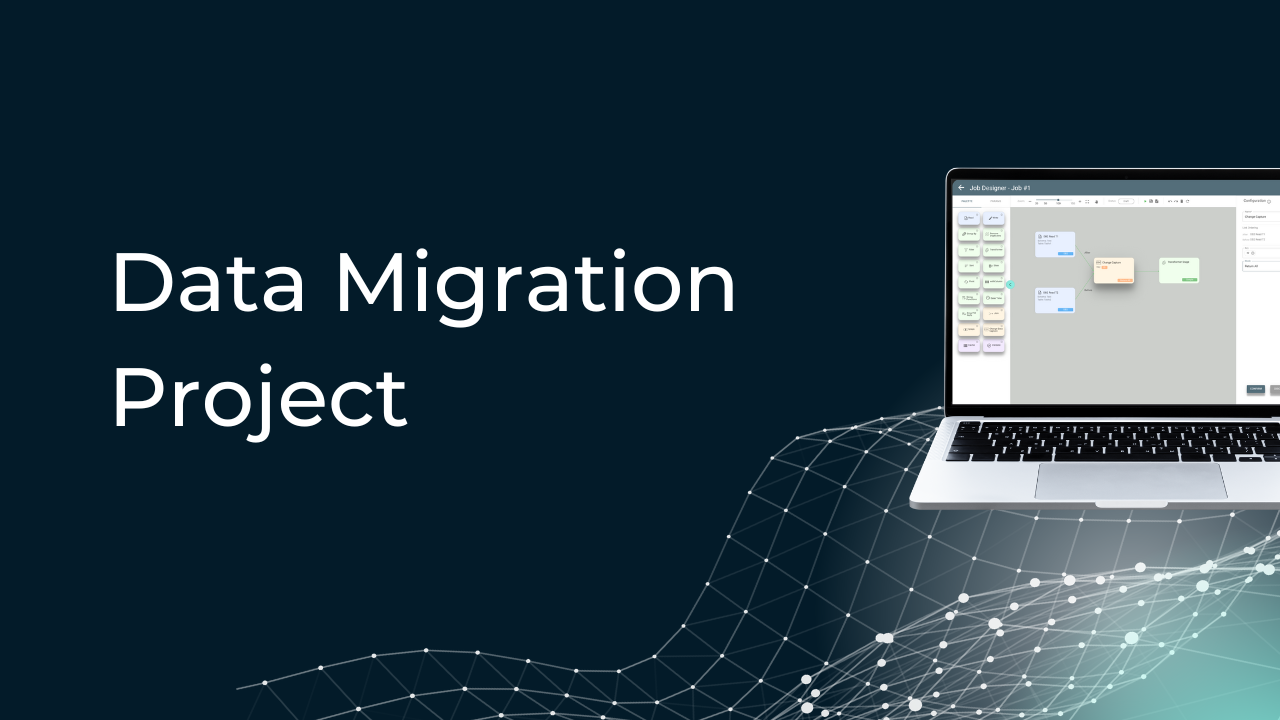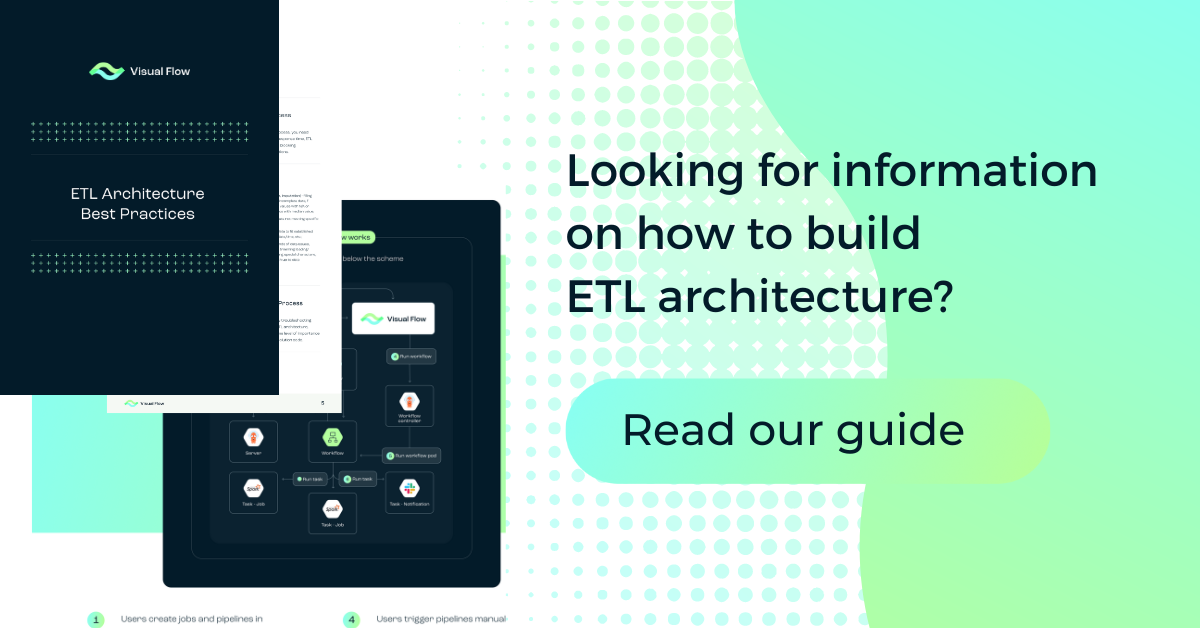
Table of Content:
Table of Content:


The digital landscape is dynamic and fast-changing, and with vast amounts of sensitive information flowing through complex systems at breakneck speeds, maintaining unimpeachable data integrity has never been more vital. Truly a foundation of modern business, data integrity concerns protecting the accuracy, consistency, and security of data across its entire lifespan is paramount for the smooth operation of a successful organization.
If a company fails to implement trustworthy data integrity protocols, it opens itself up to some potential problems, ranging from work slowdowns to compliance breakages. We shall explore the real meaning of data integrity, its importance, the problems businesses often face in keeping it up, and, most importantly, five proven methods for thoroughly checking and verifying data integrity.
What Is Data Integrity?
At its core, data integrity refers to the accuracy, consistency, and reliability of data. It is the foundation upon which all data-driven decisions are made. When data integrity is maintained, it makes sure that the information a business relies on is both complete and trustworthy. This means that from the point of data creation to the moment of its deletion, the data remains free from unauthorized alteration or corruption.
Maintaining data integrity isn’t limited to the data itself as it also embraces the systems, processes, and personnel that handle the data as well. If an organization fails to uphold this standard, it risks significant disruptions.
To protect themselves against this, companies perform regular data integrity checks and tests. Such audits optimize database structures, verify data inputs/outputs, and utilize real-time monitoring tools.
Why It Is Important to Maintain Data Integrity. How To Measure Data Integrity
Today businesses collect and store enormous amounts of data like customer records, financial transactions, operational metrics, etc., and having reliable and consistent data is vital for making well-weighted decisions. Data integrity is a key component for businesses to trust their data as it helps to build a reliable environment for operational and strategic decisions. The ability to check data integrity can make or break business processes.
Maintaining data integrity is not just a good practice, it’s also an absolute necessity for regulatory compliance. Organizations must fulfill regulatory protocols like GDPR, HIPAA, and SOX, all of which mandate the protection and proper handling of sensitive information. Failure to ensure data integrity can result in severe legal and financial repercussions, ranging from fines to the loss of customer trust.
Even without those consequences, data that lacks integrity can lead to poor business decisions. If key business decisions are based on inaccurate or inconsistent data, the organization may invest in wrong strategies, leading to inefficiencies, wasted resources, and even long-term damage to its reputation. Therefore, keeping data integrity upheld across all business functions is vital for financial success.
How Data Integrity Issues Arise
It’s always good to know where an issue may come from, and there are several sources that data integrity issues can emerge from, with some of the most common causes including:
- Human error. Probably, the most trivial and classic one, a large portion of data breaches and inconsistencies can be traced back to simple human mistakes. Human involvement often introduces risks like incorrect data entry, improper formatting, errors in data migration, etc.
- Software bugs. The tools and platforms businesses use to manage their data can sometimes introduce errors or inconsistencies, especially if they’re outdated or improperly configured. Bugs in software systems can lead to misfortunes like data corruption, faulty calculations, lost records, etc.
- Hardware failures. Servers, hard drives, and storage systems are not immune to failure. Hardware crashes or malfunctions can lead to data loss, corruption, or breaches which severely compromise the integrity of data.
- Cybersecurity breaches. Cyberattacks are becoming increasingly sophisticated as technologies progress. A data breach or ransomware attack can directly alter, delete, or compromise sensitive data and this will lead to major integrity issues.
- Integration and migration errors. When moving data between systems, there is always a risk of losing or altering data if the migration is not handled with care. Issues can also emerge when integrating data from different sources, as differences in data formats or structures may lead to inconsistencies.
Left unchecked, these issues can quickly snowball into larger problems that can and surely will affect the entire organization. That’s why regular data integrity checking is essential to catch and rectify these problems before they become serious.
Challenges Businesses Face in Maintaining Data Integrity
Maintaining data integrity is not a walk in the park, but a challenge, albeit rewardable, especially in an environment where businesses are constantly collecting, processing, and storing enormous volumes of data. Below are the most common challenges that companies find difficult to keep their data accurate and reliable:
- Volume of data. Businesses are faced with the challenge of handling massive amounts of information as their data grows and its sheer volume makes it difficult to regularly perform comprehensive data integrity checks and tests.
- Complexity of data ecosystems. Many businesses operate within complex IT ecosystems involving multiple databases, software applications, and data storage systems so accurate and consistent data across these interconnected systems requires significant coordination.
- Compliance requirements. Regulatory frameworks, such as the aforementioned GDPR, HIPAA, etc., impose strict requirements for data management. Businesses must stay updated on regulatory changes and check if their data integrity measures meet compliance standards.
- Data security. Maintaining data security is an ongoing task, and with cybersecurity threats that evolve day by day, businesses must continuously update their defenses to protect the integrity of their data.
Many organizations lack the necessary tools, personnel, or time to implement thorough data integrity checks which leaves them vulnerable to issues that may otherwise have been preventable.
Five Best Practices for Ensuring Data Integrity
Here are five best practices to ensure data integrity and strengthen your business:
- Implement Regular Data Integrity Audits.
Data integrity is one of the top priorities for any company with heavily data-based processes, so regular audits play a vital role in keeping it good. By scheduling periodic assessments, companies can confirm that their data remains precise and consistent over time. A comprehensive audit approach combines both human oversight and sophisticated software tools designed to detect inconsistencies, duplication, data corruption, etc. To tell more, engaging the outer expertise of business intelligence services consulting and data system evaluation provides an objective third-party perspective, needed for reinforcing internal data integrity practices. Through a combination of rigorous self-examination and professional consultation, organizations can cultivate a culture of data integrity excellence.
- Use Data Validation at Every Stage.
Validating data at every stage— from initial input to final processing — is necessary for maintaining data integrity. By establishing clear formatting guidelines and data standards, businesses can guarantee that all incoming data follows these specifications. To further mitigate the threat of human mistakes, organizations should leverage automation to create and enforce rigid validation rules throughout their data workflows. This proactive approach enables companies to maintain uniformity and precision across their entire data ecosystem, ultimately reducing errors and ensuring the trustworthiness of their data assets.
- Employ Data Encryption and Backup Protocols.
Encryption protocols protect data from unwanted interference and thereby guarantee its confidentiality and authenticity throughout its whole lifecycle. Moreover, users are up for proactively developing and complying with trusted backup routines to swiftly recover data in the event of a breach, equipment failure, or cyber assault. These protective measures can be boosted by data engineering and consulting services.
- Monitor and Track Data Access.
Another good practice towards data integrity would be limiting and monitoring access to data. If you want to minimize the risk of accidental or malicious data modifications, consider restricting access to only those who need it. If you suspect or know about unauthorized access within the data environment, monitoring data access logs will also help to detect suspicious activities.
- Utilize ETL (Extract, Transform, Load) Tools.
ETL software is built to optimize the process of moving data between different systems while maintaining its purity and accuracy. During large-scale data migrations, ETL tools prove invaluable and guarantee that data is accurately pulled from source systems, reshaped and reformatted as needed, and safely deposited into target databases without any degradation or distortion. Partnering up with ETL migration consulting services provides an extra layer of expertise and oversight, which helps to navigate these complex projects with confidence while keeping the integrity of their most vital data assets throughout the entire transition process.
Benefits of Using Data Discovery Tools to Support Data Integrity Best Practices
Data discovery instruments are an essential solution for protecting the integrity of a company’s data. By automating the task of searching, organizing, and assessing data across multiple sources, these solutions enable quick identification of potential integrity breaches. Armed with real-time insights into data movements and anomaly alerts, the user can timely address issues before they escalate into major problems.
Expanding beyond their protective capabilities, data discovery tools also support continuous data administration processes which makes data integrity maintenance easier. Moreover, they provide a detailed map of an organization’s data holdings, which establishes compliance with regulatory demands and boosts overall operational transparency.
If you want to reach the highest integrity standards, combine data discovery tools with data engineering and consulting services to firmly shield the information and provide the smoothest uninterrupted data flow.
Conclusion
Accurate and secure data is no longer just a nice-to-have, but a must-have for businesses looking to outsmart the rapidly evolving market. Achieving this requires a proactive approach that involves regular inspections and validations of data to secure its safety. This involves employing trustworthy examination techniques, strict verification methods, reliable backup systems, and advanced tools specifically designed for managing and uncovering hidden patterns within vast datasets.
These tools, such as ETL systems and data exploration software, serve as early warning systems that help detect potential issues before they snowball into major problems. By prioritizing data quality and following high standards, a company can maintain a competitive advantage because the competitors surely rely heavily on data insights.
Ultimately, it all begins with laying a solid foundation — one built on trustworthy, reliable data.








Contact us






















































